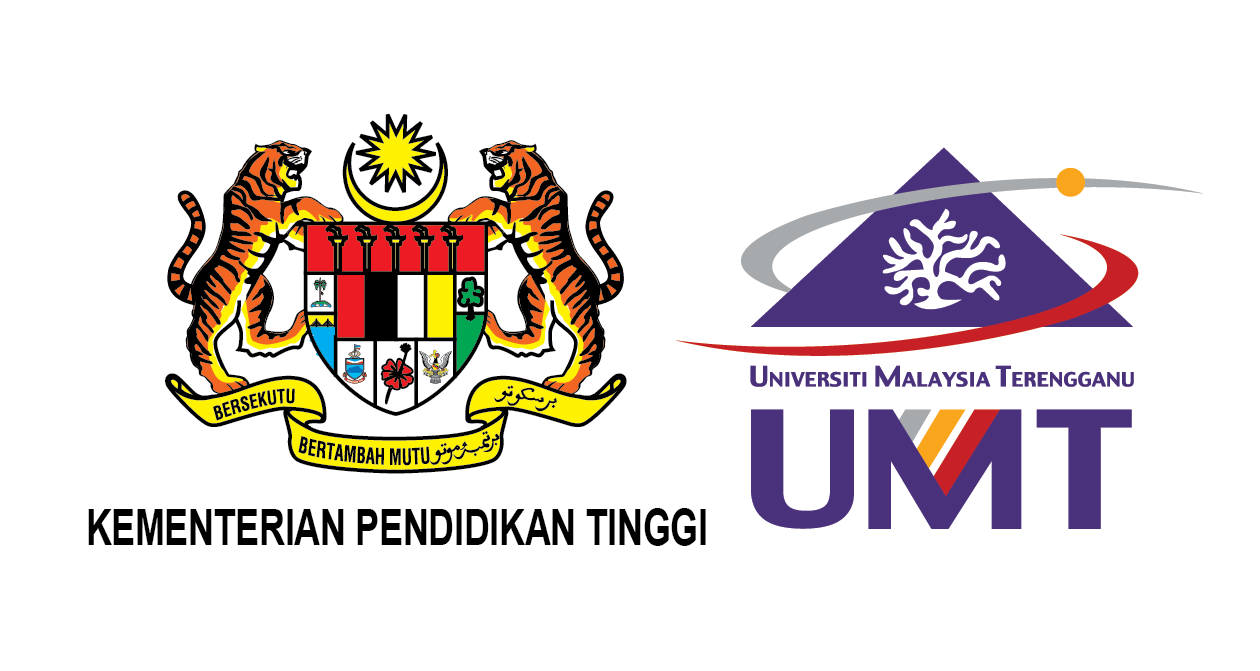Please use this identifier to cite or link to this item:
http://umt-ir.umt.edu.my:8080/handle/123456789/10670Full metadata record
| DC Field | Value | Language |
|---|---|---|
| dc.contributor.author | Moniliza Mujan Merang | - |
| dc.date.accessioned | 2018-11-22T03:39:47Z | - |
| dc.date.available | 2018-11-22T03:39:47Z | - |
| dc.date.issued | 2009 | - |
| dc.identifier.uri | http://umt-ir.umt.edu.my:8080/xmlui/handle/123456789/10670 | - |
| dc.description.abstract | Studies were conducted to determine optimum stocking density for kelah, Tor tambroides juvenile during hatchery rearing. Juveniles with range of 2. 79cm length (prior eight weeks after hatched) were obtained from induced breeding, and were cultured inside an aquarium that has been prepared a day before. The stocking densities are 26, 78 and 130 juveniles per tank, is 1 juvenile L-1 (Tl ), 3 juveniles L( T2) and 5 juveniles L- 1 (T3), three replicate tanks constituted for each stocking density according to volume of the water which 26 L-1 each aquarium. The fishes was cultured in 35 days to evaluate the effect of stocking density on growth and survival of juvenile kelah, Tor tambroides. The sample of 30 juvenile were collected randomly in each densities at day 0, 7, 14, 21, 28 and 35 considering on weight and length of fish. After 35 days experiment, it have significant different in final growth rate between stocking density in 5 fish L-1 and other stocking densities, 1 fish L-1 and 3 fish L-1 • The experiment whereby stock at lowest density were 1 fish L-1 attained the highest growth rate at the end of study, followed by 3 L-1 the intermediate stocking fish and 5 fish L-1 which the fish stocked at the highest density showed the lowest growth of all. From the economy point of view the best stocking densities were in 3 fish L-1 is recommended to farmers. The percentage of survival for all treatments was high 97.55% and was not affected by stocking densities. Stocking densities influence growth and survival of Tor tambroides juvenile during rearing and the best performance was obtained when larvae were stocked at lowest densities. | en_US |
| dc.language.iso | en | en_US |
| dc.publisher | Terengganu: Universiti Malaysia Terengganu | en_US |
| dc.subject | LP 34 FASM 1 2009 | en_US |
| dc.subject | Moniliza Mujan Merang | en_US |
| dc.title | Effects of stocking densities on growth and survival of kelah, Tor tambroides | en_US |
| dc.type | Working Paper | en_US |
| Appears in Collections: | Fakulti Agroteknologi dan Sains Makanan | |
Files in This Item:
| File | Description | Size | Format | |
|---|---|---|---|---|
| LP 34 FASM 1 2009 Abstract.pdf | 471.4 kB | Adobe PDF | View/Open | |
| LP 34 FASM 1 2009 Full Text.pdf Restricted Access | 2.19 MB | Adobe PDF | View/Open Request a copy |
Items in UMT-IR are protected by copyright, with all rights reserved, unless otherwise indicated.

